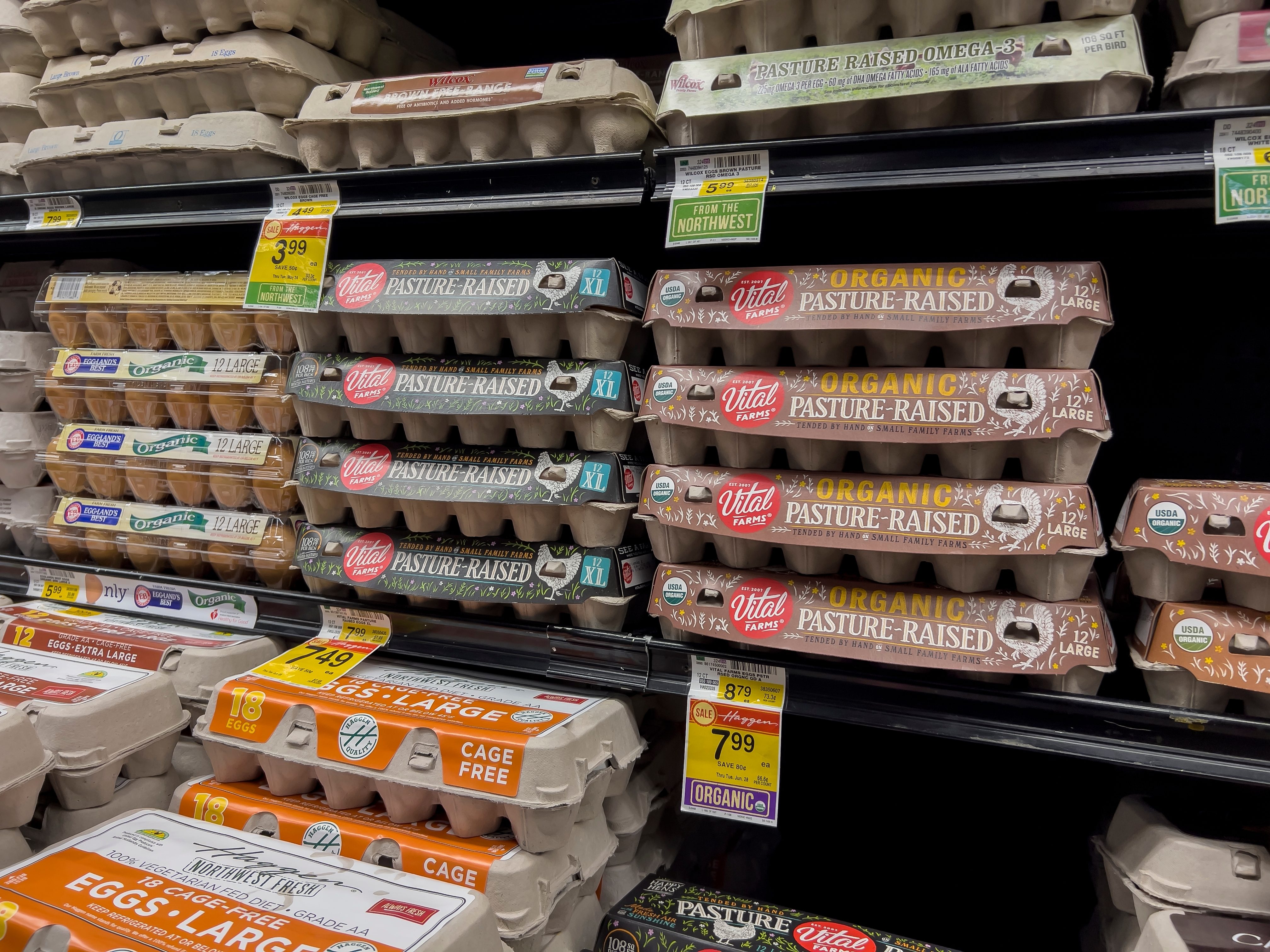Brown Eggs vs White Eggs: Why the Price Difference?
Ever wondered why brown eggs come with a heftier price tag compared to their white-shelled counterparts? The answer lies in the care of the hens, their feed, and even their genetics, all of which influence cost. Let’s crack into the details and explore what makes brown eggs more expensive.
;Resize,width=742;)
The price difference between brown and white eggs has left many people wondering: what’s the real story behind it? At first glance, it’s easy to assume that brown eggs are somehow healthier or superior, but the truth is far less about nutrition and more about how they’re produced. Both brown and white eggs offer the same benefits when it comes to taste and nutrients, so why does one cost more than the other?
The answer lies in several interconnected factors, ranging from the type of hens that lay brown eggs to the costs associated with their care. From feed requirements to farming practices and even consumer perceptions, each plays a role in shaping the price tag.
Why Are Brown Eggs More Expensive?
Breed of the Hens Matters
Brown eggs are typically laid by larger chicken breeds such as Rhode Island Reds and Plymouth Rocks. These breeds eat more food compared to the smaller breeds that lay white eggs. The higher feed consumption translates into higher costs for farmers, which ultimately reflects in the price of the eggs.

Feed Quality and Nutrition
The feed provided to brown-egg-laying hens is often of higher quality or designed for specific breeds, which increases overall costs. In some cases, these hens are raised on farms that prioritize organic or free-range methods, further driving up expenses.
Production and Labour Costs
Brown eggs are sometimes produced on smaller farms or in systems focused on sustainable practices, which require more manual labour and attention to the hens. These factors add to the production cost, making the eggs more expensive for consumers.
Market Demand and Perception
There’s a common belief that brown eggs are healthier or more natural than white eggs. While this isn’t true as both brown and white eggs offer the same nutritional value, the perception influences demand. Higher demand can result in higher prices, even when the product itself is identical in quality.

Packaging and Distribution Costs
Smaller-scale producers, often associated with brown eggs, may have higher packaging and distribution costs. Organic certification or free-range labelling also requires additional resources, which contribute to the overall price.
Are Brown Eggs Worth the Price?
Nutritionally, there’s no difference between brown and white eggs. However, if you value organic farming practices, free-range systems, or support smaller-scale farmers, purchasing brown eggs might align with your priorities.
;Resize,width=767;)

;Resize,width=712;)

